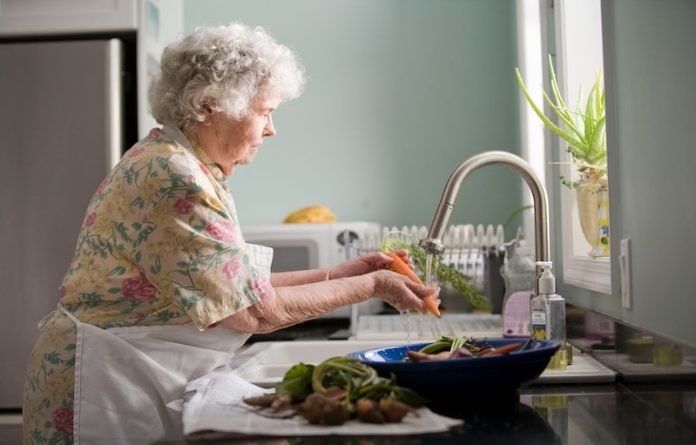
In a recent study, scientists found almost a third (32 of every 100) of older adults infected with COVID-19 developed at least one new condition in the months after initial infection.
These findings further highlight the wide range of important sequelae after infection with the COVID-19 virus.
Conditions involved a range of major organs and systems, including the heart, kidneys, lungs, and liver as well as mental health complications.
In the study, researchers used health insurance plan records to identify 133,366 individuals aged 65 or older in 2020 who were diagnosed with COVID-19 before 1 April 2020.
These individuals were matched to three (non-COVID) comparison groups from 2020, 2019, and a group diagnosed with viral lower respiratory tract illness.
The researchers then recorded any persistent or new conditions starting 21 days after a COVID-19 diagnosis (the post-acute period) and calculated the excess risk for conditions triggered by COVID-19 over several months.
They found that in people diagnosed with COVID-19 in 2020, 32% sought medical attention in the post-acute period for one or more new or persistent conditions, which was 11% higher than the 2020 comparison group.
Compared with the 2020 comparison group, COVID-19 patients were at increased risk of developing a range of conditions including respiratory failure, fatigue, high blood pressure, and mental health diagnoses.
However, compared with the group with viral lower respiratory tract illness, only respiratory failure, dementia, and fatigue showed increased risk in people with COVID-19.
People admitted to the hospital with COVID-19 had a markedly increased risk for most but not all conditions.
The risk of several conditions was also increased for men, for those of the black race, and for those aged 75 and older.
The researchers warn that with more than 357 million people infected with coronavirus worldwide, the number of survivors with sequelae after the acute infection will continue to grow.
If you care about COVID, please read studies about how vitamin B may help fight COVID-19, and new therapy from bananas may help treat COVID-19.
For more information about COVID, please see recent studies about new evidence on rare blood clots after COVID-19 vaccination, and results showing scientists find inexpensive, readily available drug that may treat COVID-19.
The research was published in The BMJ and conducted by Ken Cohen et al.
Copyright © 2022 Knowridge Science Report. All rights reserved.



